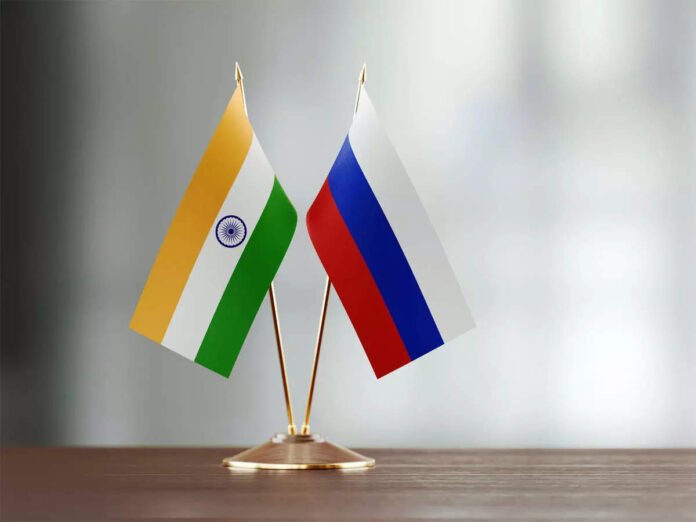India and Russia have failed to agree to settle bilateral trade in rupees, according to Indian government officials and a source with direct knowledge of the matter. This suspension comes after months of negotiations, as Moscow has not been convinced to keep rupees in its coffers. The lack of a permanent rupee payment mechanism is a significant setback for Indian importers of cheap oil and coal from Russia, hoping to lower currency conversion costs. Moscow believes it will have an annual rupee surplus of over $40 billion if such a mechanism is established, and it feels rupee accumulation is “undesirable.”
Russia is uncomfortable holding rupees and wants to be paid in Chinese yuan or other currencies, according to a second Indian government official involved in the discussions. India’s finance ministry, the Central Reserve Bank of India, and Russian authorities did not respond immediately to requests for comment. India’s share of global exports of goods is only about 2%, and the rupee is not fully convertible, which reduces the necessity for other countries to hold rupees.
Most trade between India and Russia is in dollars, but an increasing amount is carried out in other currencies, such as the UAE dirham. India started exploring a rupee settlement mechanism with Russia soon after the invasion of Ukraine in February last year, but there has been no reported deal done in rupees. The two sides have spoken about facilitating trade in local currencies, but the guidelines were not formalized.
Since Russia invaded Ukraine on February 24 last year, India’s imports from Russia have risen to $51.3 billion until April 5, from $10.6 billion in the same period the previous year, according to another Indian government official. Discounted oil has constituted a large part of India’s imports, surging twelve-fold. The official said that exports from India in the same period fell slightly to $3.43 billion from $3.61 billion in the previous year.
The sources said trade with Russia continues despite sanctions and payment issues. Indian traders are currently settling some of the trade payments outside Russia, according to the officials. “Third parties are being used to settle trade with Russia. There is no ban on transacting with other countries over SWIFT. So payments are being made to a third country which routes it or offset it for their trade with Russia,” one of the government officials said. Another official said both countries have started looking for alternatives after the rupee settlement mechanism did not work out, but did not give details.



